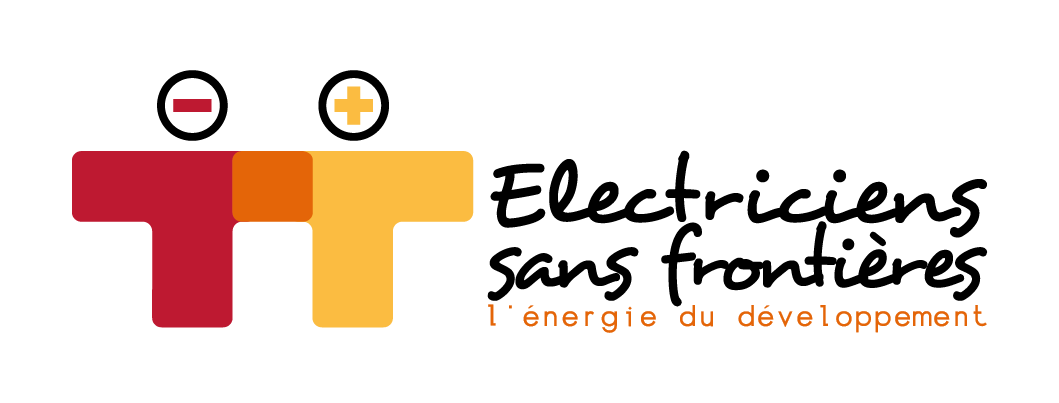2,2
billion people live on less than $2 a day, which is the extreme poverty threshold
805
million people around the world suffer from hunger
140
million hours a day are spent collecting water by women and children
The challenges
Over 75% of those emerging from poverty do so through individual initiatives (17% of these initiatives are in the area of agriculture and 60% in other areas).
– according to the “Moving out of poverty” report.
Access to modern energy services enables local income generation by promoting the emergence of new trades, improving productivity and freeing up time for economic activities.
The solutions
The construction of an irrigation network for market gardens increases the quantities produced and thus farmers’ incomes. It also enables the population to become self-sufficient.
Electricity can power machines and refrigerators to store perishable meat products and fruit and facilitates their marketing.
Access to electricity will enable the use of machines for the processing of raw materials such as cassava or making soap and oil. These products can then be marketed and thus generate income. The introduction of electricity also opens the door to new activities and contributes to the strengthening or emergence of craft activities, creating jobs and local resources.
With the light provided by electricity, a shop can be open for about two hours more per day. Nighttime shops can also be developed, just like evening markets.
Access to electricity enables a population currently focused on agriculture to develop new activities, such as sewing workshops or small electricity companies.
Access to water often requires long trips to the well and a robust manual pump. The electrification of wells or boreholes with solar energy reduces women’s labour and allows them to focus on other economic, educational or recreational activities. The installation of standpipes at several locations in the village provides convenient access to clean water.
Projet
Café Lumière: multi-service energy platforms
In Madagascar, with a rate of access to electricity of only 4.8% in rural areas, 14 million rural people live without access to modern energy services. The Café Lumière project targets the forgotten rural populations of Madagascar with electrification strategies. The project involves the deployment of multi-service energy platforms, managed by a private operator, with the population and local authorities of several villages without electricity, enabling them to supply both collective infrastructures and market activities from renewable electricity.
Voir le projet